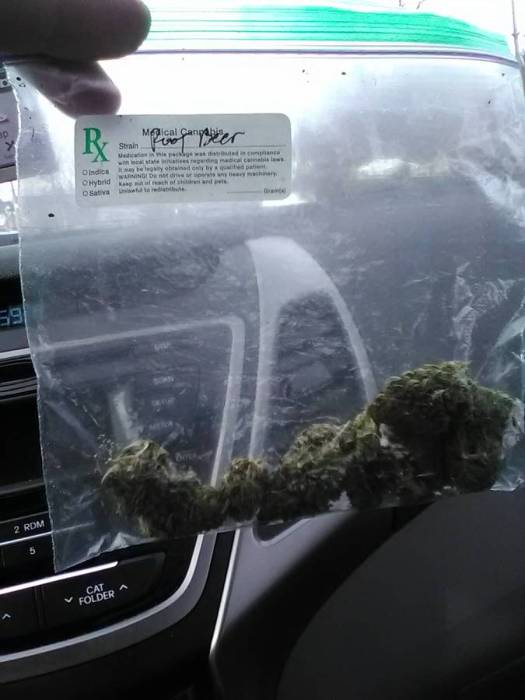Evidence in sexual assault or rape cases that have not yet been reported as crimes would be required to be preserved for at least 15 years under a bill the Legislature on Tuesday delivered to Gov. Charlie Baker’s desk. In practical terms, the bill (H 4364) is designed to ensure that evidence associated with rapes and sexual assaults will be retained for the duration of the statute of limitations, a step advocates hope will spur more victims to come forward and report the crimes against them. Right now, sexual assault or rape evidence kits must be kept for at least six months unless the victim has filed formal criminal charges related to the assault. After six months, the department or agency in possession of the evidence can dispose of it unless the victim asks that it be preserved. The bill would require that such evidence kits be maintained for at least 15 years, to correspond to the statute of limitations for rape, and that the victim be informed that their evidence will be maintained for that amount of time. Rep. Tricia Farley-Bouvier, the bill’s original sponsor, said some victims of sexual assault elect not to report the crime against them because of obstacles in the criminal justice system and the stigma of being a victim. She estimated that the bill would affect about 200 evidence kits per year. “This is just one small but important step to say that we are going to be removing the barriers to victims in pursuing justice for those crimes and really, for ending this rape culture,” she told the News Service on Tuesday. Farley-Bouvier presided during the segment of the House session when the bill was enacted, and then walked to the Senate to watch as that body enacted it.
Senate Minority Leader Bruce Tarr called it “common sense legislation” that was the product of “tremendous collaboration” between the House and Senate, and Democrats and Republicans. He said the bill “should be enacted and signed into law as soon as possible because it removes an obstacle to the prosecution in cases of rape or sexual assault.” “We know that while one in five women are assaulted, of all those who are assaulted, only one in five of them report the crime because they are afraid to be part of the criminal justice system because what the criminal justice system and we as a culture do to those who report the crime,” Farley-Bouvier said. “We attack them as liars, we publicly shame them, we publicly blame them, and so we need to do whatever we can to break down those barriers to reporting. This is one small, but important, thing we can do.” The legislation gained momentum on Beacon Hill in the weeks since formal sessions ended for the year on July 31.
In late July, the Senate threw its unanimous support behind a similar measure, filed as an amendment to a bill aimed at preventing sexual assault on college campuses. Senators said then that rape victims can decide for many reasons not to immediately report their assault to authorities but should not face the burden of having to repeatedly request that critical evidence be saved in case they do wish to pursue criminal charges. “You have the victim going back each six months, reliving the horrible thing that happened to them. It’s a traumatic reminder of the assault,” Sen. Cynthia Creem, a Newton Democrat who sponsored the amendment, said Tuesday. “Many victims are so emotionally scarred that a year might go by and they say, ‘I should do something’ or maybe they’ve become part of a group or they’ve gone to therapy. With this bill they’ll know the DNA material is preserved and can be tested.” Sen. Eric Lesser, speaking in support of Creem’s amendment in July, said the change would redirect the legal system “from an antiquated and frankly anachronistic notion that the victim of sexual assault should be the one to bear the burden, and instead to begin to focus on protecting justice.” The House first passed the sexual assault evidence preservation bill on July 31, and in the following weeks both branches agreed to amendments specifying that the change in preservation requirements would apply to evidence collected before the bill’s effective date. The amended bill also calls for the director of the State Police’s crime laboratory to report by January 2018 on the feasibility of “establishing a single location or multiple regional locations for the retention and preservation of all forensic evidence collected in the commonwealth.” Tarr said in a Sept. 8 session that a centralized collection location would eliminate chain of custody questions. If Baker signs the bill into law, funding to carry it out and store additional kits would be “a major concern,” Boston Area Rape Crisis Center executive director Gina Scaramella said. The changes could also present a procedural challenge, she said. “We would want them to be stored and kept at the highest quality, and tracked so that they are accessible at any given time,” Scaramella told the News Service before the bill was passed. Scaramella said that someone who has had evidence collected for a rape kit at a hospital is given a phone number as part of their discharge paperwork “that allows them to easily request an extension for another six months.” She said BARCC has its own phone line dedicated to extension requests, so that a survivor can call the center, which in turn will contact the crime lab and handle the process. She said requesting an extension is not difficult and does not need to be done in person.
“We always want to advocate for survivor choice and options, and this certainly would open the door for someone to have their kit available,” Scaramella said.
Lawmakers send rape kit preservation bill to Gov. Baker

File


















